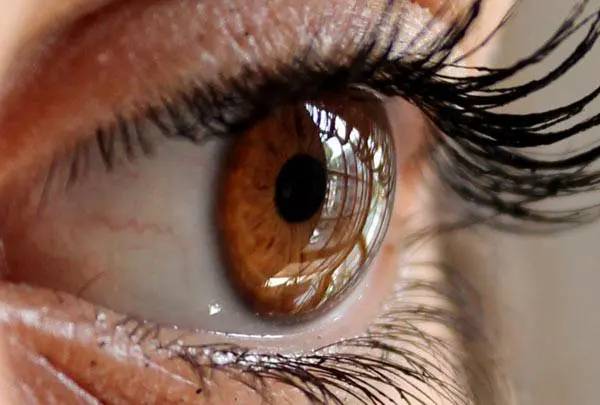Our eyes are among our most priceless sensory organs and are frequently called the windows to our souls. Keep up with the most recent advice and trends for preserving ideal eye health as we navigate the constantly changing healthcare landscape. We will delve into the topic of visionary health in this blog post, exploring insightful advice from an eye specialist to support you in preserving and enhancing your vision.
Table of Contents
The Importance of Regular Eye Exams
Scheduling routine eye exams with a qualified eye specialist is one of the pillars of maintaining good eye health. These examinations can identify underlying health conditions like diabetes and hypertension and detect vision problems.
Eye care experts suggest adults receive thorough eye exams every one to two years; if there are existing eye conditions or family histories of eye diseases in your family it would be prudent to schedule more frequent examinations as it allows professionals to detect any potential problems early and address any early on. This proactive approach to care can ensure optimal eye health in later years.
Digital Eye Strain Management
Many people spend extended hours staring at screens such as computers, smartphones, or tablets; this can cause digital eye strain which manifests in symptoms like headaches, dry eyes, blurred vision, and other forms of discomfort.
The 20-20-20 rule recommends taking a 20-second break every 20 minutes to look at something 20 feet away to help alleviate these problems. Blue light-blocking eyewear, as well as screen filters, can lessen eye fatigue.
The Role of Diet and Nutrition
Diet is vital in order to maintain optimal eye health. Foods rich in antioxidants like vitamins C and E, beta-carotene, and zinc may reduce cataract risk as well as AMD (age related macular degeneration). Blueberries, spinach, and carrots should all be part of your regular diet while salmon or tuna containing omega 3 fatty acids may also aid your vision health.
Protect Your Eyes from UV Rays
Long-term sun exposure can increase one’s risk of developing cataracts and other eye diseases. Wear sunglasses that block entirely UVA and UVB rays outdoors, particularly in the sun. Additionally, consider wearing a wide-brimmed hat for added protection.
The Rise of Telemedicine in Eye Care
Telemedicine offers eye care services and has grown significantly in recent years. Telemedicine makes it more convenient for people with busy schedules or limited access to healthcare facilities because it enables patients to consult with eye specialists from their homes. Telemedicine has shown to be an invaluable resource for early diagnosis and ongoing eye care, even though it cannot wholly replace in-person exams.
Advances in Laser Eye Surgery
Laser eye surgery has advanced substantially over time, especially LASIK (Laser-Assisted In Situ Keratomileusis). Common vision conditions that LASIK can treat include astigmatism, nearsightedness and farsightedness – these less invasive processes have now become much safer with faster recovery times and decreased side effects thanks to new technologies that shorten recovery periods and minimize side effects.
Lifestyle Choices and Their Impact
Your lifestyle choices may significantly impact your eye health. For instance, smoking increases the risk of AMD, cataracts, and optic nerve damage. Quitting smoking can significantly enhance your general well-being and eye health. In addition, preserving a healthy weight and controlling long-term conditions like diabetes can stop vision issues.
Visionary Health for All Ages
Eye health is a lifelong journey, so adjusting your strategy based on your age and individual requirements is essential. Children’s eyes should undergo routine examinations to ensure healthy growth and the early identification of any problems. The risk of eye diseases rises with age, underscoring the significance of regular examinations and dietary changes.
Conclusion
Staying abreast of current advice and trends related to eye care can help ensure optimal eye health and vision over the long-term. In order to do so, it’s crucial that individuals keep abreast of all available advice in this arena. Attaining eye health requires regularly attending eye examinations, maintaining a nutritious and balanced diet, protecting ourselves against UV radiation exposure and making conscious lifestyle decisions. Adopting these emerging trends and integrating them into your everyday routine, can help safeguard the vision for which you strive. As technology and medical advances transform eye care, investing now in your eye health could reap significant rewards later. Take action now to enhance your vision and reap its rewards in years to come!

